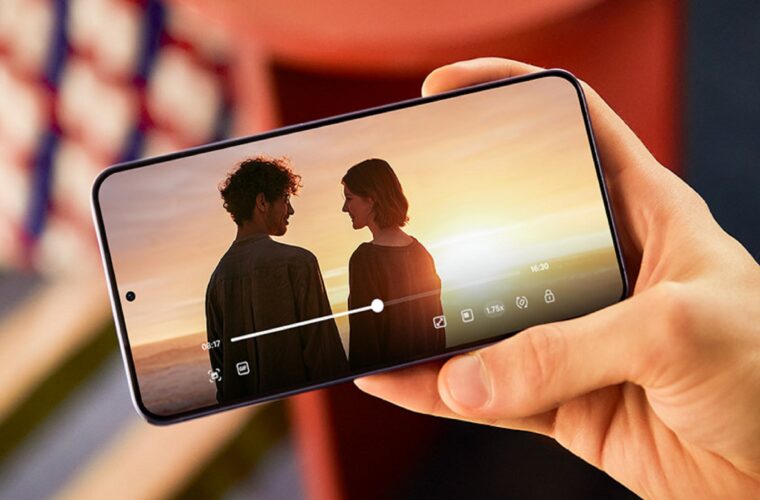“What is your favorite podcast?”, seems like a great opening line nowadays to start a conversation and get to know someone. Podcasts are trendy and there are over 1,000,000 shows available with more than 30 million episodes as of April 2020. Growing interest in this audio format has also sparked the development of more podcast players and apps that support this media.
Podcasts are not new. The idea of creating downloadable audio files was first developed by the tech entrepreneur Tristan Louis in 2000, when explaining the possibilities of RSS feeds, and was later built on by the software developer Dave Winer. However, it wasn’t until 2004 that users started to catch on.
The modern podcast experience involves good software —podcatcher— that can smoothly reproduce shows and episodes, has an attractive layout, and offers valuable features for listeners on their favorite devices, usually a smartphone. Here’s a quick review of leading podcast players in the market:
Spotify
Last year, this audio streaming company made a huge investment that is paying off. Spotify spent $500 million in May 2019 on podcasting, and is now one of the leading podcast platforms in the market. Along the way they’ve acquired Gimlet Media—a digital media company and podcast network— and Anchor, an app that helps users create podcasts.
Spotify recently reported 286 million monthly active users, an impressive number considering growth from June 2019 at 108 million, and has been leaving Apple Music’s demographics far behind since 2018. People who are already familiar with the platform can easily reproduce music and now podcasts on this freemium app. Spotify’s engaged audience has played a key part in their podcasting success, and they currently offer users a library of around 700,000 podcast shows.
This platform’s catalogue and reach are wide. Their interface is friendly, easy to use, and still continues to be developed, but most of their users won’t have to relearn how their podcast streaming offer works. The app is compatible not only with popular operating systems such as Android, iOS, Windows, and Mac, but also different types of devices including game consoles, TVs, smartwatches, car stereo systems and speakers. However, to really take advantage of its features, clients should try out extended plans starting at $4.99.
Pocket Casts
This platform, created by Australian developer Shifty Jelly, was made specifically for podcasts and later purchased by a group of public radio stations—NPR, WNYC Studios, WBEZ Chicago, and This American Life— in 2018. The company’s mission is “to create the world’s greatest podcasting experience” and they have invested all their efforts in high-quality sound, usability, and design.
Pocket Cast is available for download in the App Store and Google Play for free. Those who really want to take advantage of its features should consider the premium version that costs $0.99 a month or $10 a year. The latest version allows registered users to search for episodes, keep track of their listening history and customize their experience through reorganizing the toolbar, creating episode groups, importing files, and changing their interface appearance.
Podcast fans of Pocket Cast can benefit from an account by having a platform exclusively for their favorite shows, adapted to their podcasting needs, while accessing personalized suggestions of new shows and episodes available.
Overcast
The first thing to note about this podcatcher is that it has been designed exclusively for iOS. Overcast was created by iOS developer Marco Arment and, in the past few years, has won first place in technology magazine reviews as the best podcast app for iPhones. The app is also compatible with iPads and iWatches. While users can register for free, the app is financed by publicity banners or advertising, but the Premium version can hide these for $10 a year.
Besides the interface’s pleasant appearance, one of the app’s highlighted features is the Smart Speed button that, while playing an episode, can automatically “edit” the audio to cut out silence and gaps, speeding-up reproduction without affecting a show’s content. Also, the Voice Boost feature can smoothly equalize voices and improve the quality of the playback production. This is especially useful for those who enjoy listening to amateur podcasts shows with interesting content but poor production quality.
Castro
Castro entered the market in 2013 and is currently only available on the App Store. This app focuses on simplicity and includes similar features to Overcast for users who’ve paid for a subscription: a silence-trimming function and a voice enhancing option. It also allows users to easily import their favorite podcasts from their Apple Podcasts app. This premium version costs $19 a year.
In addition, Castro includes a dynamic storage option to organize episodes and presets to automatically download or stream others. This is particularly valuable for those who enjoy listening to a large variety of podcasts.
Castbox
This Hong Kong-based company was founded in 2016 and is both a podcast player and content creator, with their own original shows such as This Sounds Serious. Castbox is free and available both on the App Store and Google Play, and adapts to almost every device, including Amazon Alexa, Android Auto, Google Home, and Carplay. Last year, it was also integrated with Waze, making it easier than ever for drivers to use basic playback controls.
Castbox stands out for its audio searching tool that categorizes and organizes over 95 million episodes to allow users to quickly find the perfect show. The app also offers a paid subscription option for $9.99 a year that hides publicity, allows unlimited podcast subscriptions, and permits members to try new features before everyone else.
Takeaways
Podcast fans have many options readily available that are undoubtedly a lot better than the standard pre-installed apps on their smartphones. There are many similar features among the best podcatchers, but each one includes special features that best adapt to each listener’s needs, devices, and particular lifestyles.
A casual podcast listener could be easily satisfied with Spotify, but probably a podcast addict would prefer a specialized platform like Overcast for his or her iPhone, or Pocket Cast for their Android device.



